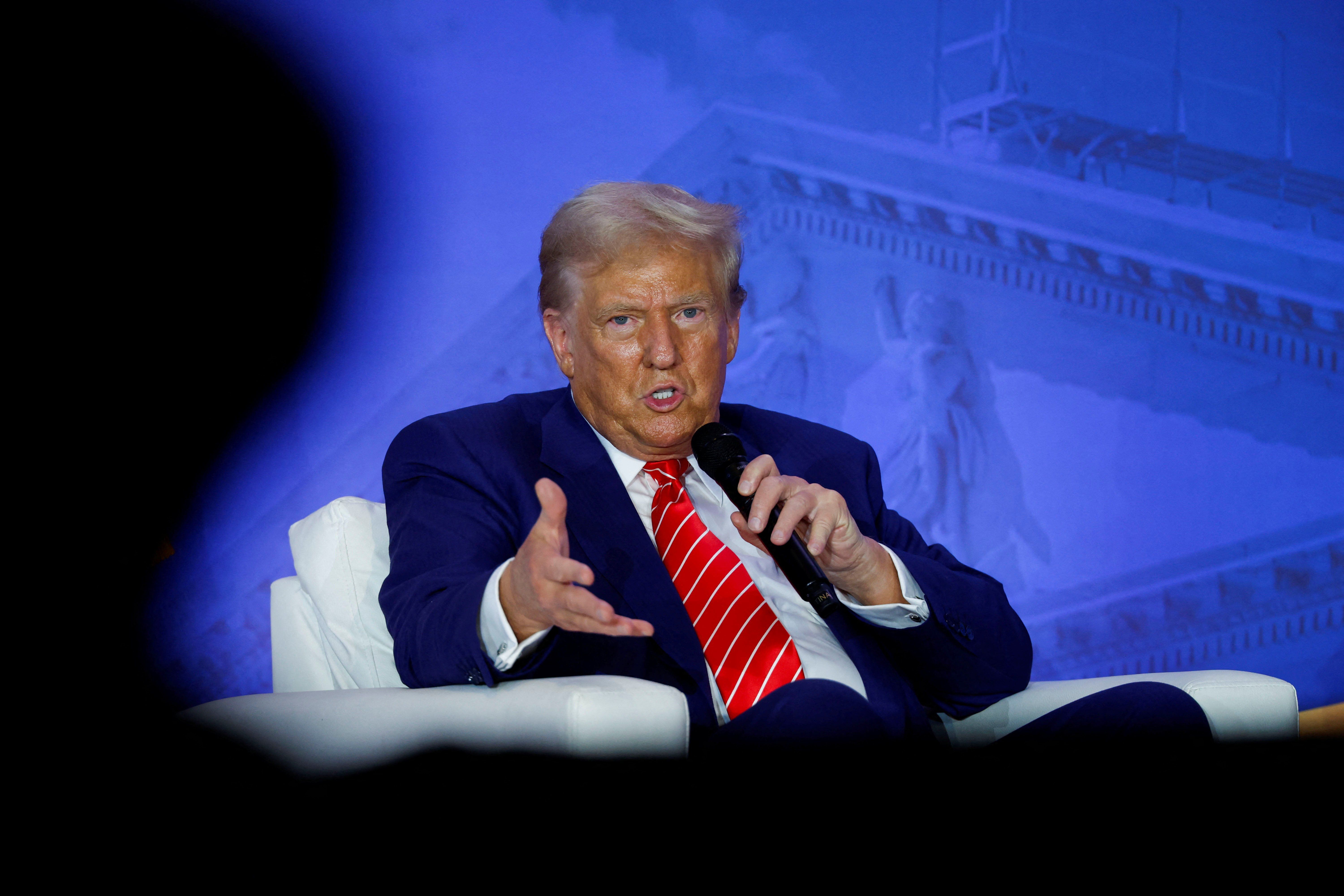GOP presidential nominee Donald Trump is calling on House Republicans to shut down the government on Sept. 30 if Congress doesn’t pass a Republican bill to change voting rules across the country. “I would shut down the government in a heartbeat if they don’t get it,”said Trump last week.
House Speaker Mike Johnson, R-La., aware that agovernment shutdown five weeks before Election Day carries risks for the party that’s blamed for it, has yet to say what he’ll do.
The Save ACT is a GOP-sponsored bill that would make it illegal for non-US citizens to vote. Democrats accuse Republicans of trying to undermine US public confidence in elections by pointing out that it’s already illegal for non-citizens to vote. They also claim thatsome Republicans support the bill because requiring proof of citizenship for voter registration would make voting harder for low-income people, those least likely to have a passport or birth certificate, who generally vote for Democrats.
The Republican-led House and Democratic-led Senate, which return to work on Sept. 9, must agree on a plan to fund the government by Sept. 30 to avoid an Oct. 1 shutdown. If they can’t agree on a one-year funding package, the two houses of Congress could pass a “continuing resolution” to fund the government for less than a year, kicking the next budget showdown further down the calendar.
